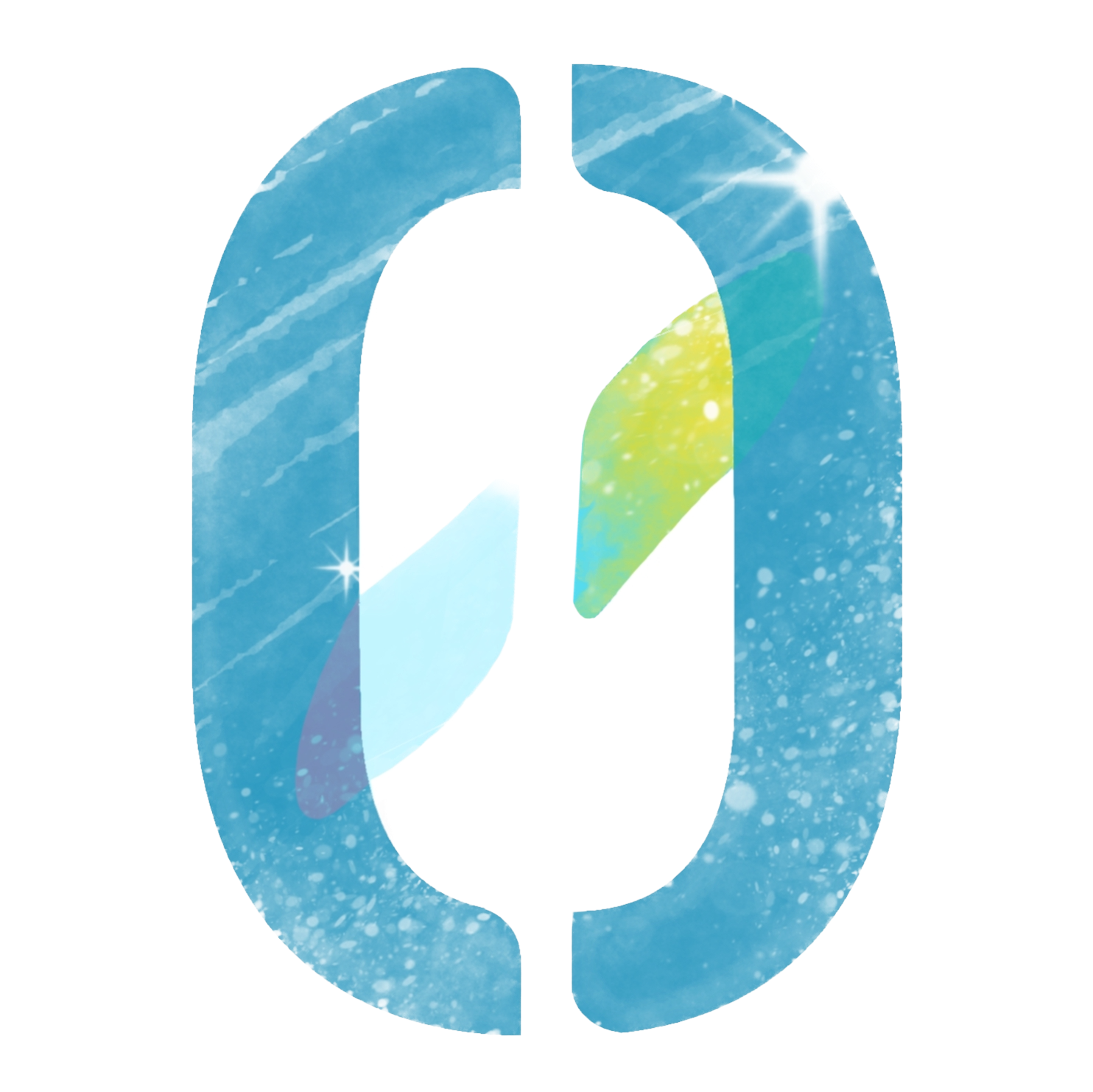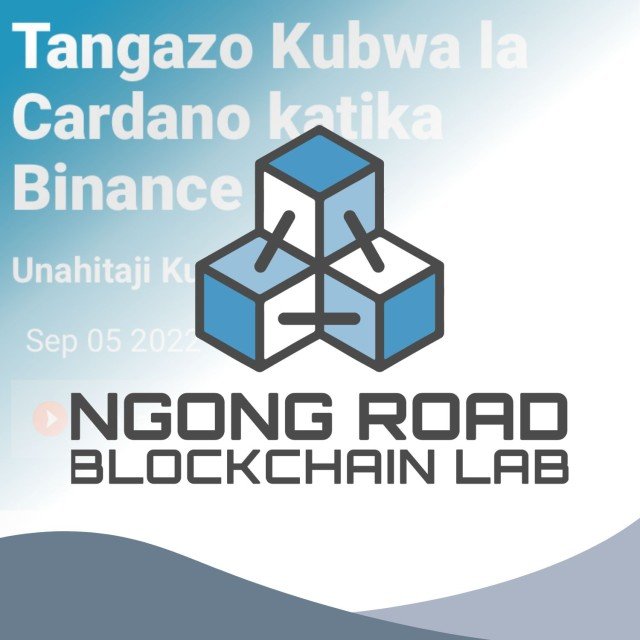Develop a series of short video tutorials explaining the fundamentals of token economics, incentive design, market mechanisms. Each tutorial will be high-production-value using animations and other visual aids to help explain token economic concepts. Each video is by documentation and sample Haskell or Python cadCad (<https://github.com/cadCAD-org/cadCAD>) code. Snippets to help developers realise the ideas in code.
Students will be able to incorporate this knowledge into their product development process. The content and documentation will help entrepreneurs, product managers, and developers build on Cardano to specify their incentive systems effectively.
The tutorials will draw from material such as Economic Design (<https://book.economicsdesign.com/>), Understanding the Blockchain Economy (<https://www.e-elgar.com/shop/gbp/understanding-the-blockchain-economy-9781788974998.html>), Token Economy (<https://github.com/sherminvo/TokenEconomyBook>), and the Token Engineering Community (<https://tokenengineeringcommunity.github.io/website/>) along with many other sources. Framing the scenarios and examples in the context of Cardano, the EUTXO and Plutus.
All the tutorial content will be assembled into a micro-website explicitly developed for the tutorials. Documentation and example code will also be hosted on Github, while the videos will be published on Youtube. The content will be licensed and published under a Creative Commons Attribution-NoDerivatives 4.0 International (CC BY-SA 4.0) licence. The source code will be licensed using a suitable open-source license.
The video captions and the documentation will be translated into at least three languages. Using the tremendous power of the Cardano Catalyst Eastern Town Hall community, the content will be translated into Indonesian, Vietnamese, Japanese, and Swahili.
Our tutorials will demonstrate the advantages of blockchain, especially Cardano, by providing entrepreneurs and developers with new concepts that will help them design better economic interactions, build open-source frameworks, construct DeFi protocols, or develop tools for DAO's.
Accessible knowledge: Early stage entrepreneurs and developers can leverage Cardano to effect change and scale collaborative networks by offering introductory education materials on token economics and engineering topics.
Align open-source effort: Having a common language of core token engineering concepts allows different projects to understand each other and work out how they can interoperate, Leading to collaboration that improves interoperability. With many new developers and entrepreneurs coming to Cardano, the ecosystem needs ways to share knowledge about using the underlying technology. The tutorials help build an understanding of market mechanisms and token economics to help teams build better tools.
Education for software development: We can only imagine solutions to wicked problems using the conceptual tools at our disposal. Developing software is a knowledge and labour intensive endeavour. If DApp product managers and software developers don’t know about token economics or token engineering concepts, they will design sub-par solutions. Understanding token engineering gives people knowledge and the power to solve local problems globally.
Incentive systems generate business value: Blockchain is institutional technology designed to regulate agents' behaviour through explicit rules and the immutable recording of interactions (transactions). Most tokens are simple, used as digital monies or unique digital property. It is like treating the automobile as a "horseless carriage." More advanced incentive systems and value creation can help solve coordination and collaboration problems. Token engineering aims to provide the conceptual tools and software implementation understanding to help design these more advanced incentive systems. By introducing these ideas in an approachable and open way, we can encourage more people to think differently, putting Cardano at the forefront of the emerging discipline of token engineering.
New forms of governance and collaboration: Direct democratic systems don't scale, and if we have to rely on voting— plutocratic, quadratic, approval, or one-person-one-vote— we are just reinventing a digital bureaucracy. Markets and incentive systems scale and are more decentralised. Market mechanisms can be used to implement more scalable governance in ways that develop sustainable ecosystems and enable people, companies, and DAOs to contribute back to the community.
I’m learning token engineering myself. The proposal’s mantra is, “One of the best ways to learn something is to teach others.”
Developing clear, coherent explanations of complex ideas: Lacking extensive knowledge in the token economic field, I may not be able to explain concepts as an expert. However, by having a fresh mind, explaining new concepts may make it easier for others to understand, based on what I have learned. However the complexity of the material may mean some topics are harder to simplify and therefore take longer to work out and produce.
I have connections to experienced individuals in all the topic areas I’ll be covering, and I will seek their input and review. I will also engage a professional content editor to ensure the material is easy to read and grammatically correct.
Project scope: I have worked on individual video tutorials using different durations, production values, and styles. The increase in scope and subject matter are new challenges. I have a solid production pipeline and experience creating multiple tutorials and workshops. Instead of taking on the entire project as one complete production exercise, I plan to produce each module stand-alone, completing one module before starting on the next.




